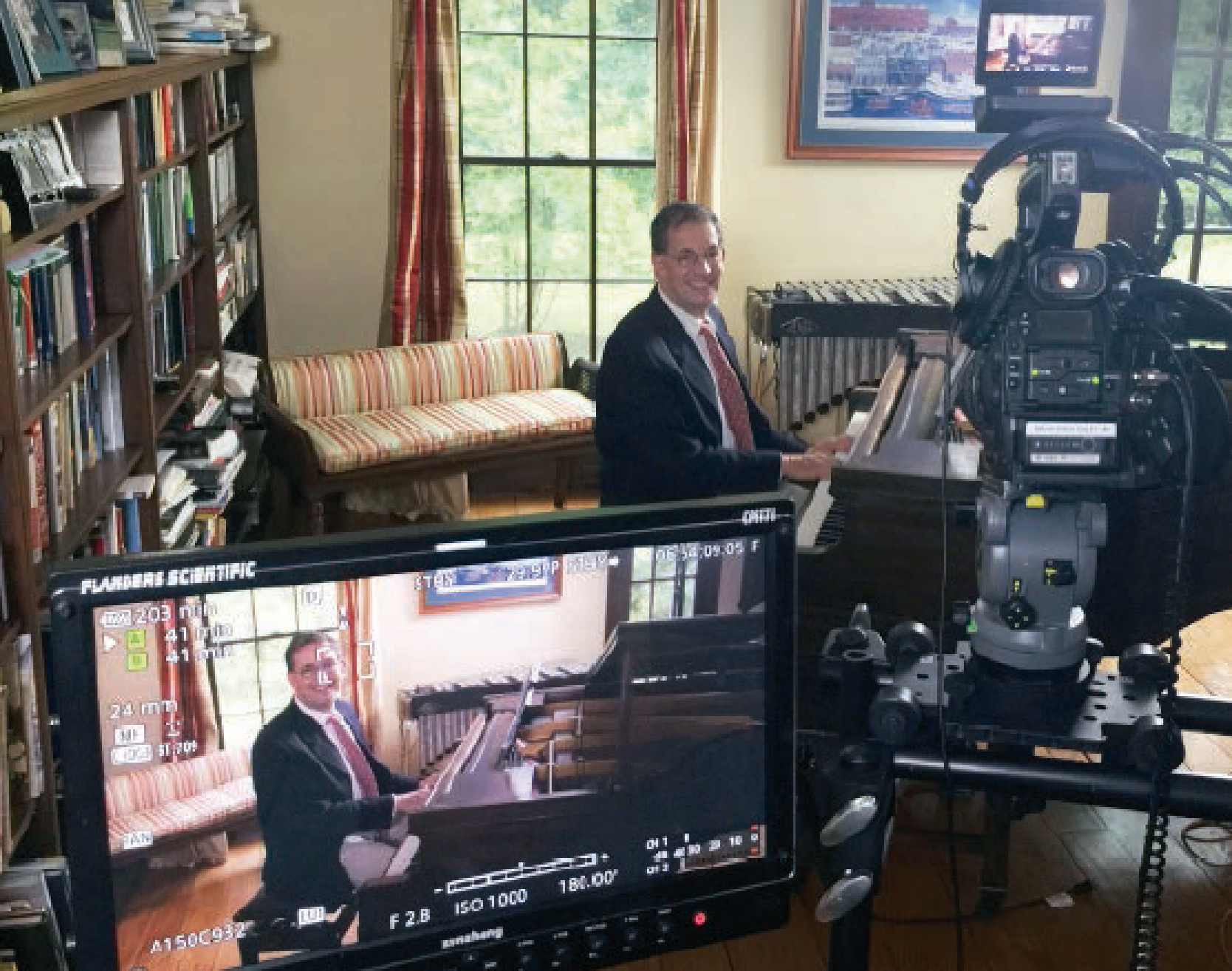CNS President, Phillip Pearl, MD and Boston Children’s Hospital colleague, David Urion, MD will offer an engaging look at the diversity that makes up American society and has led to magnificent creativity and ingenuity in the arts. Dr. Urion is finalizing literary selections for presentation; these will be posted in late September along with final program dates and times. Musical selections, performed by Dr. Pearl on keyboard alongside colleagues from the renowned Berklee School of Music will include:

- How High the Moon: written for musical theater, lyricist Nancy Hamilton was a member of the early and closeted lesbian thespian society in NYC; made famous by clarinetist Benny Goodman in the big band era; rewritten as Ornithology by the African American father of be-bop, Charlie “Yardbird” Parker.
- It Could Happen to You: written for musical theater in 1943, rewritten as Hot House by African American saxophonist Dexter Gordon
- What is this Thing Called Love: written by Cole Porter (1929), struggled with homosexuality in his life and music; rewritten by African American composer and musical intellect Tadd Dameron as Hot House (1945)
- Les feuilles mortes (“The dying leaves”): beautiful ballad by a Hungarian – French composer (1945), introduced to America as “Autumn Leaves”, featured the Miles Davis solo on the 1959 Kind of Blue album, #1 selling jazz album in the world
- A Night in Tunisia: Afro-Cuban genre, introduction of Latin and African music to the US, John Birks Dizzy Gillespie, trumpeter and godfather of Latin Jazz
- Mingus: the giant American bassist, himself a “mongrel” with so many racial bloodlines, defined American music as: “...what we play, belongs with the people who have a feeling of freedom and like to play together without discrimination”; dies of ALS, singing his last compositions into a tape recorder
- My Favorite Things: from the great duo of Richard Rodgers and Oscar Hammerstein for their last play, The Sound of Music, to the iconic recording by “Trane”, i.e. John Coltrane, master African American saxophonist
- When Sunny Gets Blue (1956): composed the same year as James Baldwin’s composition, Sonny’s Blues, on life as a math teacher in Harlem
- Waltz for Debby: signature piece by my personal favorite pianist, Bill Evans; struggled with depression, drug abuse, suicide